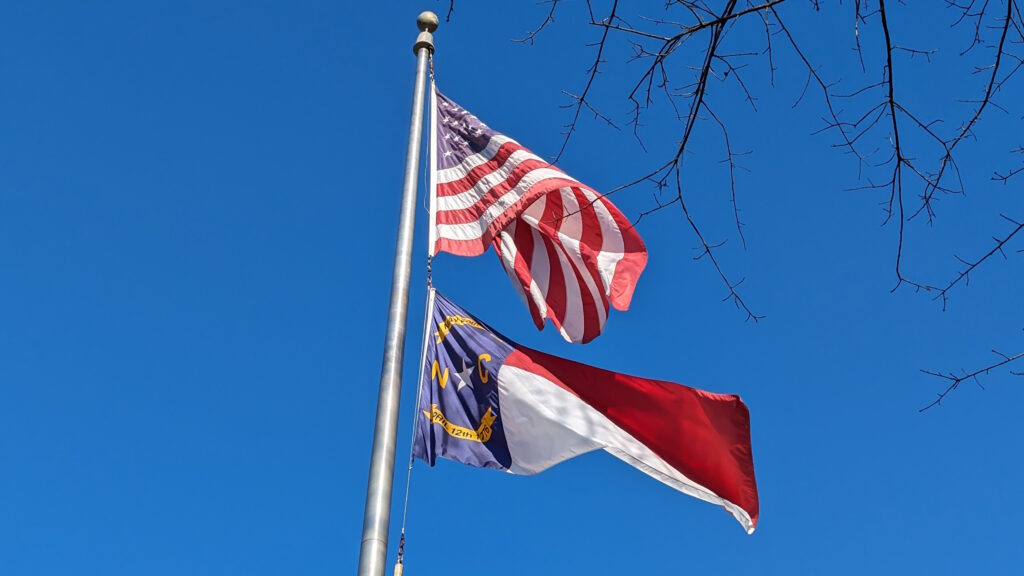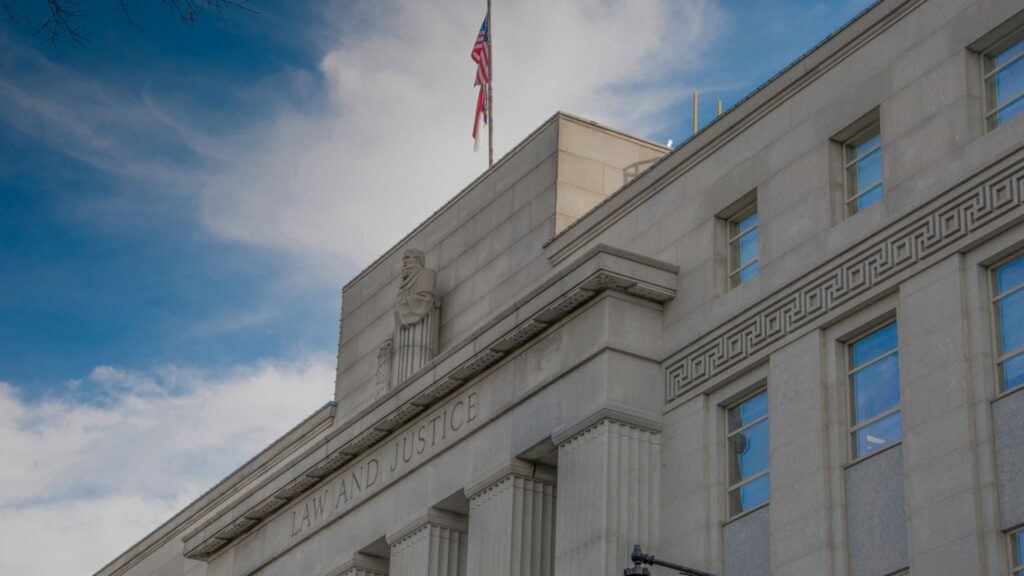
North Carolina is a purple state. Atrocious gerrymanders aside, our state’s five-and-a-half million voters have a robust history of electing Republicans and Democrats at every level of government—often on the same ballot.
The 2024 election is no exception. Donald Trump carried North Carolina for the Republican ticket by 3.22% on the same day that the Democratic nominee for governor trounced his opponent by 14.80%.
In fact, victories were scattered across the board as hundreds of thousands of crossover voters filled in the bubble for a diverse range of candidates.
Voters chose Democrats to serve as Governor, Lieutenant Governor, Attorney General, Secretary of State, and Superintendent of Public Education. The same night saw Republicans claim victory in the races for Auditor, Treasurer, and as Commissioners of Agriculture, Insurance, and Labor.

But it’s the race for N.C. Supreme Court that appears to have had the most surprising outcome.
The seven seats on the court were officially nonpartisan offices beginning with the 2006 election. The Republican-controlled state legislature reversed this practice after the 2016 election, which saw liberal justices take a 4-3 majority on the court.
Races weren’t terribly competitive during that decade of nonpartisan elections for the high court. Most incumbents won comfortably regardless of ideology. After the partisan 2020 and 2022 elections, Republicans gained a 5-2 majority on the bench.
Justice Allison Riggs, one of two remaining Democrats, ran for reelection to defend her seat this year. She faced a challenge from Republican Jefferson Griffin, a judge on the N.C. Court of Appeals.

As of midday on Saturday, Nov. 17, Riggs led Griffin by 24 votes out of 5,539,008 votes cast in the race. That’s a 0.0004% (four one-millionths of one percent) margin separating the two candidates.
It’s unclear if there are any more ballots left to count across the state. The official county canvass happens soon, and this race is inevitably going to wind up in a recount. But as of now, the two candidates are separated by just two-dozen votes out of more than 5.5 million ballots.
Never let anyone tell you that your vote doesn’t matter.
Bonus: What happens in an exact tie?
I decided to look up the relevant laws for what happens if there’s an exact tie between the two leading candidates in a race. § 163‑182.8 covers the basics in the unlikely event of a tied race.
If there’s a tie in a race with more than 5,000 total votes cast, the two tied candidates are required to run in a do-over election held at a later date.
If there’s a tie in a race with 5,000 or fewer total votes cast, election officials will determine the winner “by a method of random selection to be determined by the State Board of Elections.” The most common method used in other tied elections include drawing names out of a hat or drawing numbers. (Democracy!)


